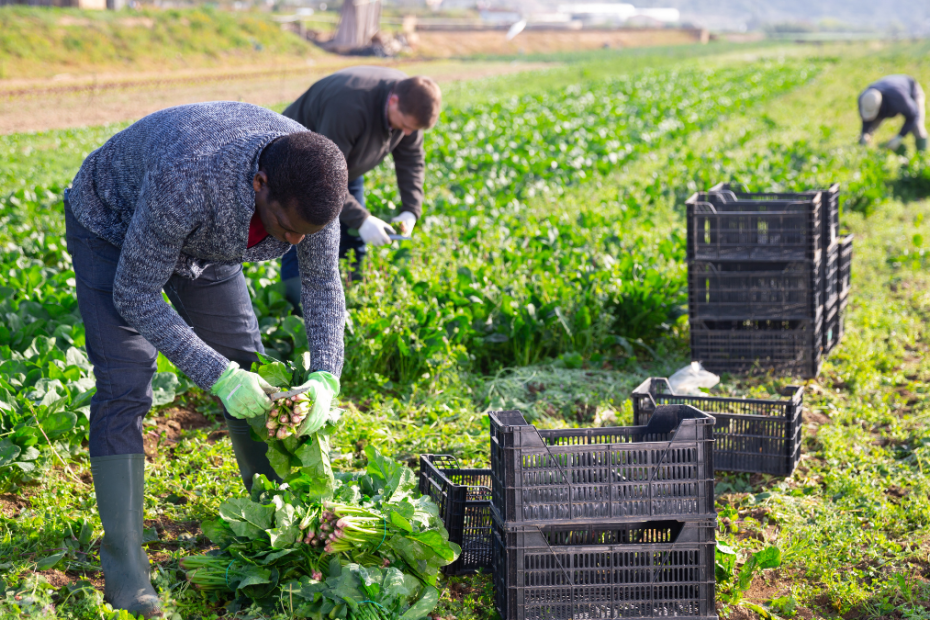Australia’s economy has long relied on the labour of migrant workers to fill crucial gaps in industries such as agriculture, construction, and hospitality. While migrant labour provides economic benefits, there have been growing concerns over the exploitation of these workers, particularly under the Pacific Australia Labour Mobility (PALM) scheme. The PALM scheme, which aims to fill labour shortages in Australia’s agricultural and horticultural sectors with workers from Pacific Island nations and Timor-Leste, has come under increasing scrutiny for the mistreatment and abuse of workers it was designed to protect.
The PALM scheme is an Australian government initiative created to bring seasonal and longer-term workers from Pacific Island countries and Timor-Leste to Australia. It consolidates two previous labour programs: the Seasonal Worker Programme (SWP) and the Pacific Labour Scheme (PLS). The primary goal of PALM is to address labour shortages, especially in agriculture, while simultaneously helping workers from participating countries earn higher wages than they would at home.
However, despite its intentions, the PALM scheme has been criticized for fostering conditions that allow the exploitation of migrant workers, exacerbating inequalities and leaving workers vulnerable to abusive employment practices.
Forms of Exploitation Under the PALM Scheme
Wage Theft and Underpayment
One of the most common forms of exploitation migrant workers under the PALM scheme face is wage theft. Workers often find themselves being paid significantly less than promised. In some cases, employers manipulate timekeeping records or create complex pay structures that are difficult for workers to navigate, resulting in lower wages than mandated by Australian labour laws.
Many PALM workers, who come from countries where wages are considerably lower, may not initially realize they are being underpaid. Even when they do, they may fear reprisal or the loss of employment if they challenge the practice, especially since their residency in Australia is tied to their job.
Poor Working and Living Conditions
Many workers under the PALM scheme have reported substandard living conditions, including overcrowded housing, inadequate sanitation, and insufficient access to essential services. In some cases, workers are housed in remote, isolated locations where transportation and social support are minimal. High rental payments are often taken directly from their wages, further reducing their take-home pay.
Additionally, unsafe working conditions are not uncommon. Workers frequently report being forced to work long hours without adequate breaks, in hazardous environments, or under extreme weather conditions. Agricultural workers, in particular, are at high risk of injury due to the physical demands of the job and the use of heavy machinery without proper training.
Limited Access to Rights and Legal Protections
Despite Australian labour laws designed to protect all workers, including migrants, PALM workers often find it difficult to access legal support or advocate for their rights. Language barriers, isolation, and a lack of understanding of the Australian legal system can leave these workers vulnerable to exploitation.
Moreover, many PALM workers are fearful of retaliation if they complain about their conditions. Because their visa status is tied directly to their employer, the threat of deportation or losing their job is a powerful deterrent to speaking out. Employers may leverage this dependence, knowing that workers are unlikely to seek legal recourse or report exploitation.
Debt Bondage and Recruitment Fees
Another significant issue facing PALM workers is the practice of recruitment fees and associated debts. In some cases, workers are required to pay fees to recruitment agencies in their home countries before they can participate in the PALM scheme. These fees can be exorbitant, plunging workers into debt before they even set foot in Australia.
Upon arrival, workers may be pressured into working excessive hours to repay their debts, effectively binding them in a form of modern-day indentured servitude. The fear of falling into further financial hardship, combined with the pressure to send remittances back to their families, further traps these workers in exploitative conditions.
The Role of the Australian Government
The Australian government has taken steps to improve oversight of the PALM scheme, particularly following growing media attention and public outcry over the exploitation of migrant workers. However, critics argue that enforcement of labour protections remains inadequate.
In 2023, new reforms were introduced to strengthen worker protections, including provisions for improved accommodation standards, the introduction of stricter penalties for employers who violate labour laws, and the establishment of independent bodies to handle worker grievances. Despite these changes, the effectiveness of these reforms has been questioned, with reports suggesting that many of the abuses continue unchecked.
Some employers and industry bodies argue that the PALM scheme is essential for maintaining the viability of Australia’s agricultural sector, which has faced chronic labour shortages in recent years. They claim that the vast majority of employers adhere to labour laws and provide fair wages and decent working conditions. However, there is a growing consensus that better regulation, transparency, and accountability are needed to prevent rogue operators from exploiting vulnerable workers.
The exploitation of migrant workers under the PALM scheme highlights the darker side of Australia’s reliance on migrant labour. While the program offers economic opportunities for workers from Pacific Island nations and Timor-Leste, it also exposes them to significant risks of abuse and exploitation. Stronger regulations, enforcement of labour laws, and better support systems for workers are crucial in ensuring that the PALM scheme meets its intended goals of promoting mutual economic benefit, rather than perpetuating a cycle of exploitation.
For Australia to continue benefiting from migrant labour while maintaining its reputation as a country that values fairness and equality, the rights and dignity of these workers must be protected at all costs.
